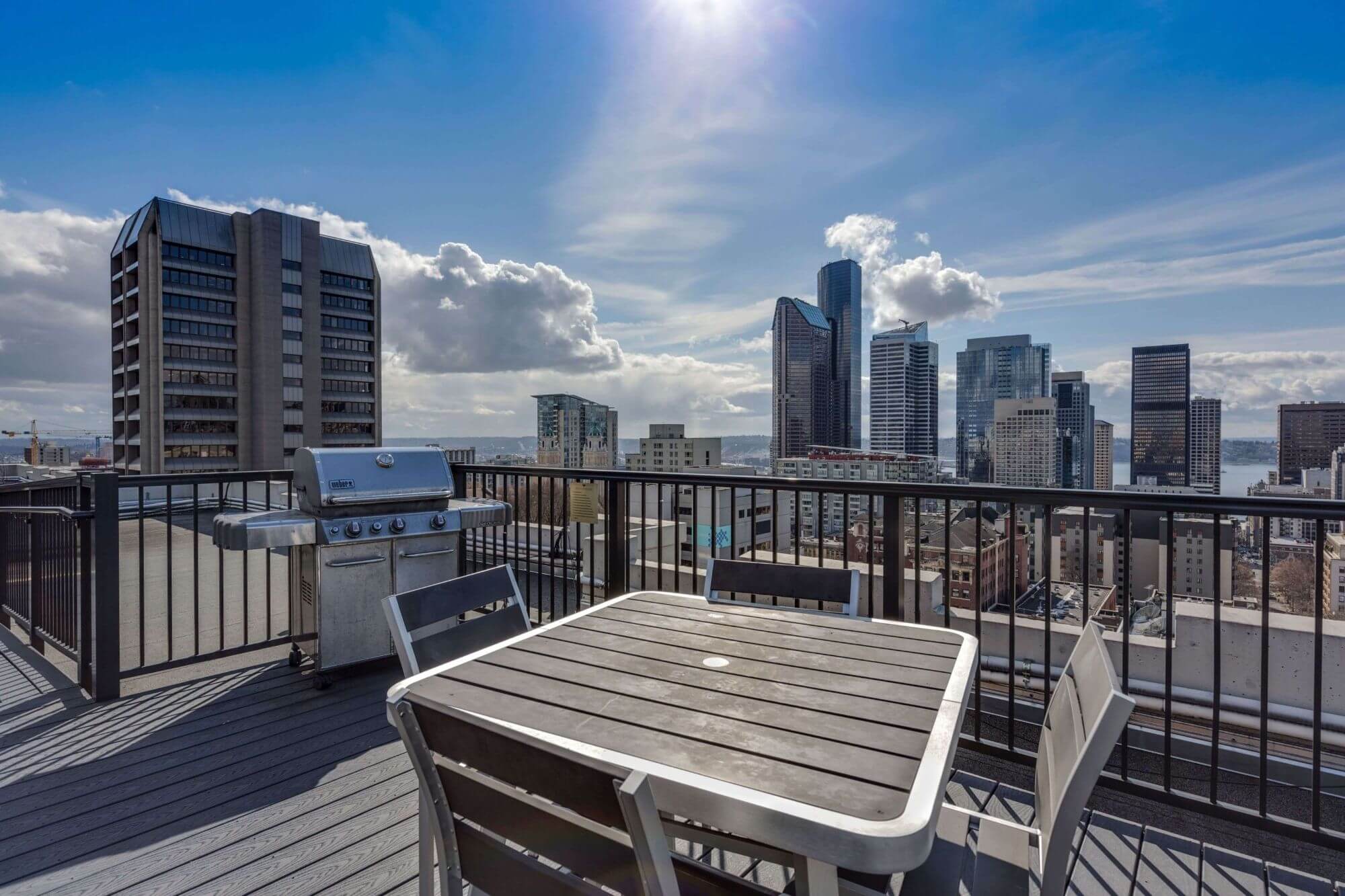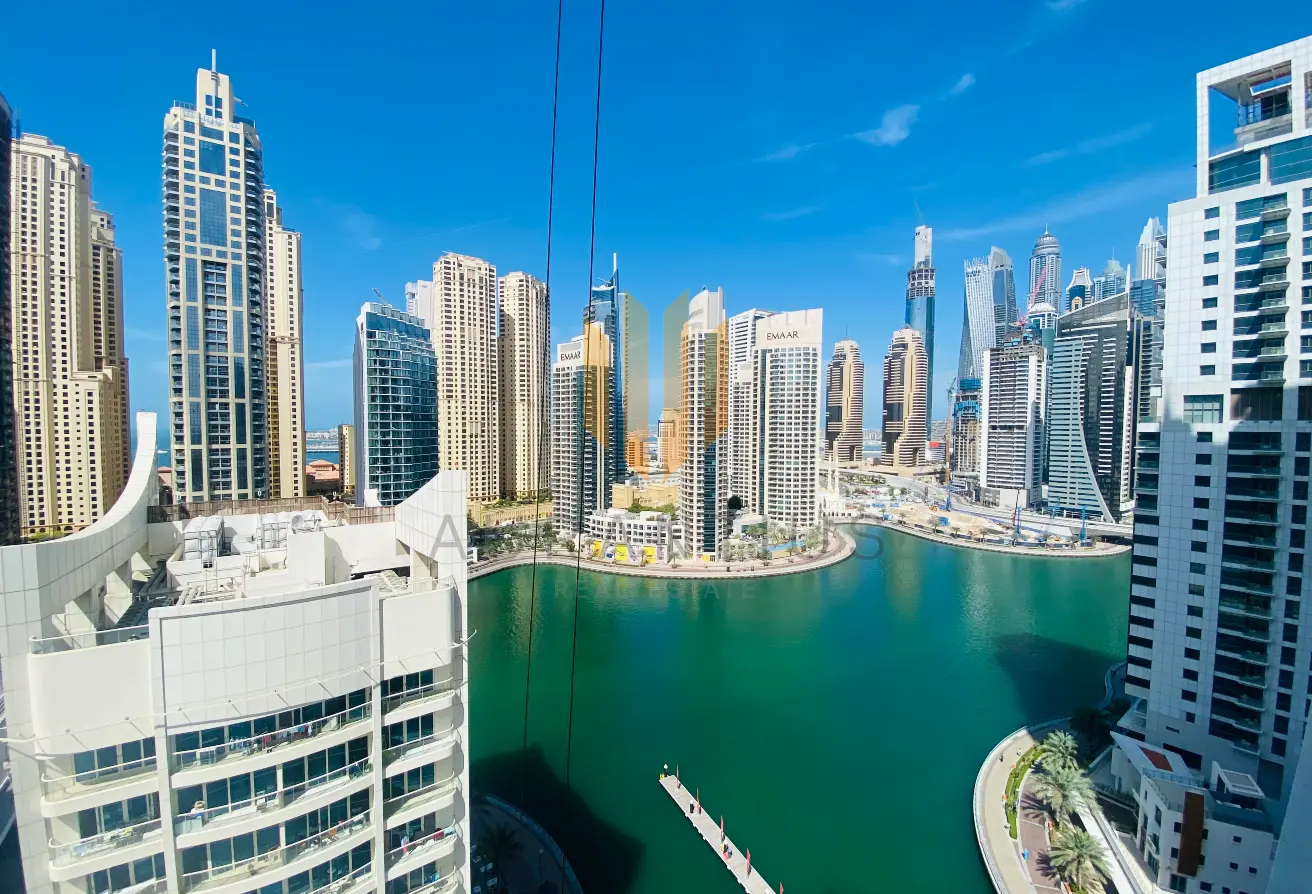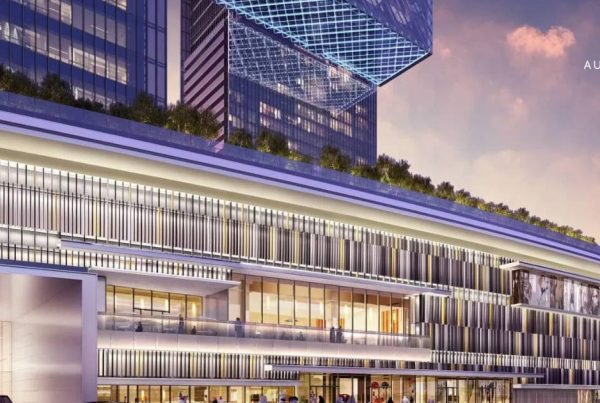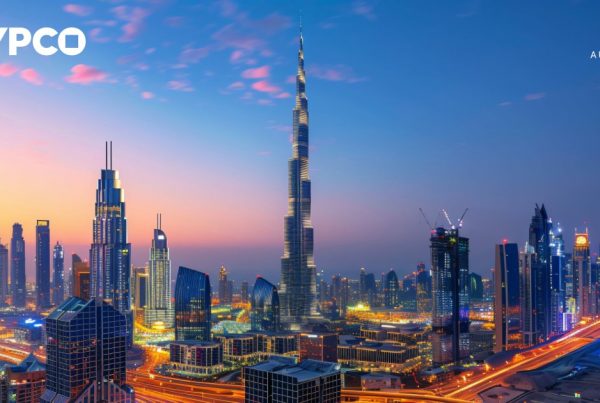Dubai Property Market Hits AED 326 Billion in H1 2025
Dubai’s real estate market has once again demonstrated its resilience and dynamism, posting record-breaking figures for the first half of 2025. According to recent data, total property sales reached AED 326.7 billion (approximately USD 89 billion) across 98,603 transactions, marking a 40% year-on-year increase. The second quarter alone accounted for AED 184 billion in 53,118 transactions — making it the strongest quarterly performance in the city’s real estate history.
Leading the charge are villas and townhouses, with transaction volumes in the secondary market surging by 46%, significantly outpacing the 25% growth in off-plan sales. Property values also soared: villas and townhouses appreciated by 55%, while apartments saw a more modest but healthy 22% increase.
In particular, family-oriented gated communities have emerged as the top choice for buyers. Key developments such as Tilal Al Ghaf, Arabian Ranches, and Jumeirah Golf Estates saw a noticeable uptick in demand, driven by both lifestyle aspirations and long-term investment appeal.
 DIFC Launches Dubai PropTech Hub
DIFC Launches Dubai PropTech Hub
On July 3, 2025, the Dubai International Financial Centre (DIFC), in collaboration with the Dubai Land Department, unveiled the country’s first-ever Dubai PropTech Hub. Located within the DIFC Innovation Hub, this initiative aims to supercharge the UAE’s digital real estate transformation.
The hub is designed to support 200+ PropTech startups, create over 3,000 new jobs, and attract more than USD 300 million in funding by 2030. It forms a crucial part of Dubai’s Real Estate Sector Strategy 2033 and aligns with the broader Economic Agenda D33.
Key features of the hub include tailored licensing models, smart co-working spaces, venture building programs, pilot access, and the facilitation of collaboration between developers, regulators, tech innovators, and investors. Developers such as Sobha Realty, Majid Al Futtaim, Union Properties, and Binghatti are actively involved in shaping the PropTech movement.
Market Outlook: Growth with Caution
Despite robust growth, analysts remain cautiously optimistic. Fitch Ratings has issued a note of caution, projecting that an influx of approximately 210,000 new residential units scheduled for delivery by 2026 may cause price corrections of up to 15% in late 2025 or early 2026. Nonetheless, strong fundamentals — including demand from high-net-worth families and institutional investors — continue to underpin long-term market confidence.
Strategic Insights for Stakeholders
- Developers: Embracing technology through initiatives like the PropTech Hub can optimize operations and enhance buyer experiences.
- Investors: The villa and townhouse market remains attractive, but due diligence is essential as inventory levels rise.
- Homebuyers: Premium resale homes in Dubai Hills Estate or Palm Jumeirah offer strong value, but buyers should be mindful of upcoming supply trends.
- Policy Makers: Monitoring supply influx while supporting tech-driven innovation will be key to long-term market stability.
Smart Investments in Key Locations
Some of the best-performing real estate destinations in H1 2025 include:
- Dubai Marina – continues to attract short-term investors and HNWIs.
- Downtown Dubai – holds steady with premium apartment demand.
- MBR City – showing strong villa resale appreciation.
- Emaar and Damac projects – consistently outperform in absorption rates and ROI.
Conclusion
Dubai’s property market has proven its resilience with yet another record-breaking half year. The introduction of the PropTech Hub adds another layer of innovation, while caution around oversupply ensures that the market remains responsibly managed.
As Dubai continues to evolve as a global real estate leader, smart investors will need to combine data-driven insights with an understanding of emerging technologies and demographic shifts.
Stay informed and discover more expert insights by visiting the Aurantius Real Estate homepage.











